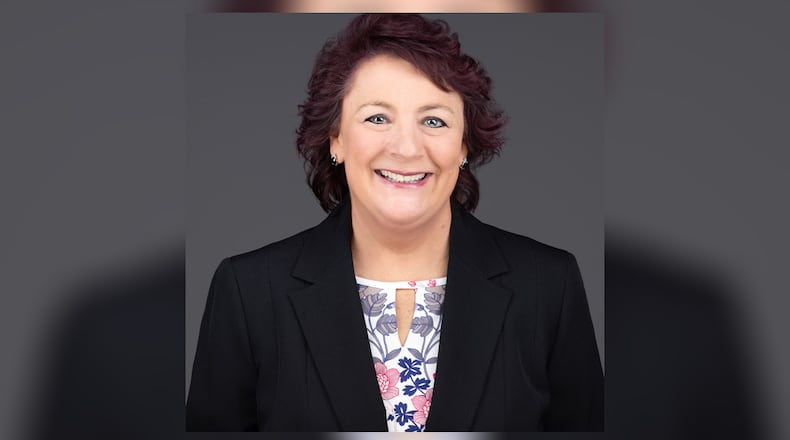Lecanemab is not going to be a cure for Alzheimer’s and it won’t be right for everyone. It does mark the first time that a drug is proven to alter the underlying biology of the disease and slow its deadly trajectory. It is an exciting start that will be a catalyst for many other treatments and the path to a cure.
There are literally thousands of clinical trials underway worldwide. Research is made possible by the generosity of donors, and through $226 million in Alzheimer’s and dementia research funding. Currently the National Institute of Health (NIH) is investing more than $3.5 billion annually in Alzheimer’s and dementia research, which is more than an eight-fold increase over the past 10 years.
In 2021, Alzheimer’s and other dementia care cost the nation $321 billion, and by 2050 these costs could rise to more than $952 billion. Without increased funding in research for the development of medical breakthroughs that may prevent, slow, or even cure this disease, millions of Americans will be adversely affected. In Ohio alone, there are 220,000 individuals living with the disease and 442,000 unpaid caregivers.
It is vital, more than ever before, that we continue to support advancements in Alzheimer’s diagnostics and treatments considering there are currently 6.5 million Americans age 65 and older living with Alzheimer’s, and it is projected that this number will grow to nearly 13 million by 2050.
Each of us can play an important role in the future advancements made in the research on Alzheimer’s and in the awareness and early diagnosis of dementia.
Please urge our members of congress, including Reps. Mike Turner and Warren Davidson, to support increased federal funding for Alzheimer’s research as well as passage of the Alzheimer’s Caregiver Support Act and the Comprehensive Care for Alzheimer’s Act that would create a dementia care management model for those diagnosed and living with Alzheimer’s disease. Learn more and consider becoming an advocate at alz.org/advocate.
Participate in clinical trials. There are studies for those with and without the disease, and there are a number of these that offer online participation. Find out more and register at alz.org/trialmatch.
Talk to your doctor about yearly cognitive screenings for yourself and your loved ones. Open the dialogue to ensure that your brain health is as important as your physical health.
Annemarie Barnett is the Executive Director of the Alzheimer’s Association Miami Valley and Greater Cincinnati Chapters.
About the Author
